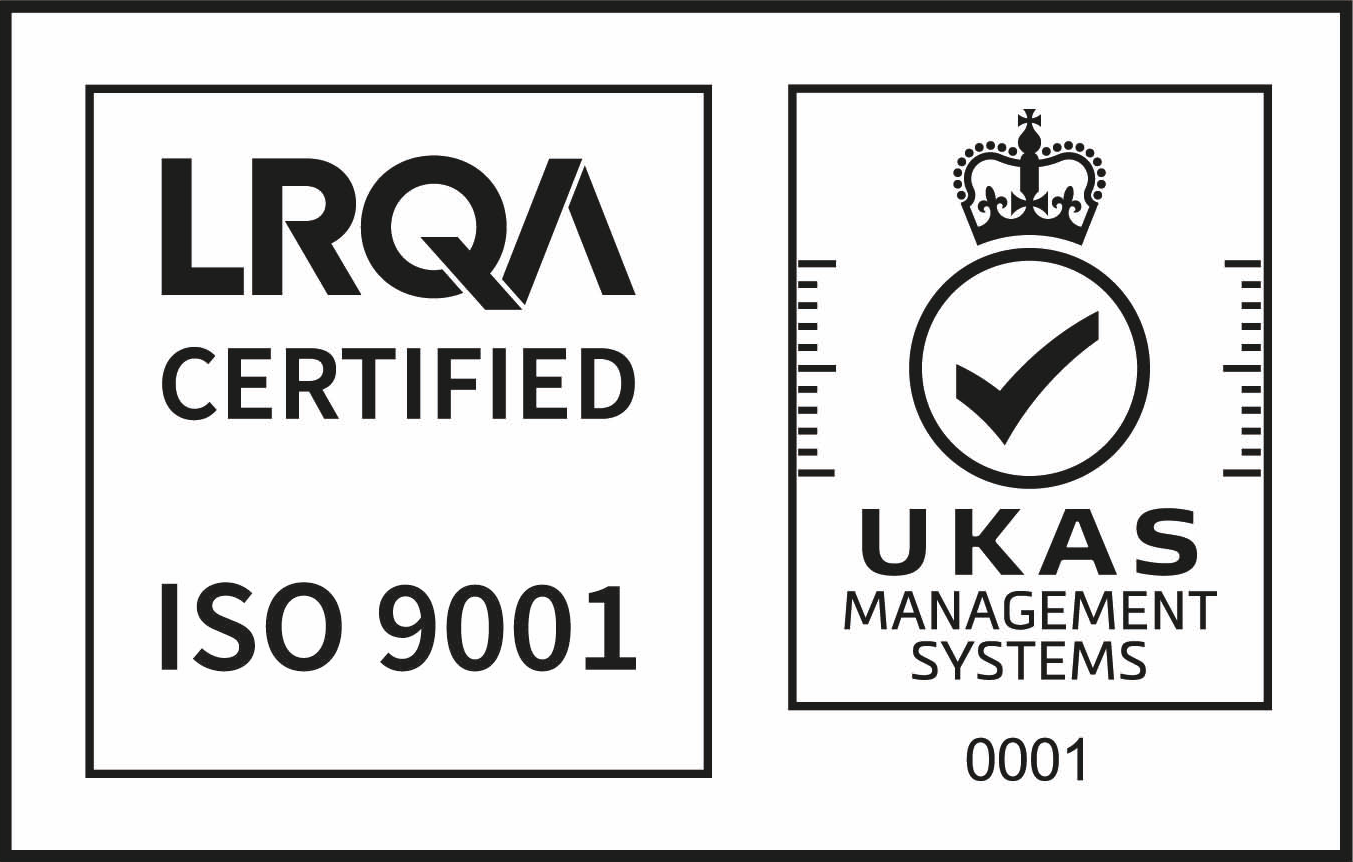Location: Saldanha Bay, South Africa. 120 km from Cape Town.
Email:
WhatsApp: +27 78 687 7973
Chambers
This course is designed for chamber operators and attendants in commercial diving, focusing on essential skills and knowledge necessary for safe chamber operations and emergency procedures. The curriculum is divided into two main modules: Chamber Operations and Chamber Attendant.
Chamber Operations Module
Course Objectives:
- To provide a comprehensive understanding of the operation and maintenance of hyperbaric decompression chambers.
- To equip participants with diving physics and physiology knowledge relevant to chamber operations.
- To ensure familiarity with current legislation and safety protocols.
Key Topics Covered:
- Basic Diving Physics and Physiology: Understanding the scientific principles that govern diving operations.
- Decompression Theory: Learning about the physiological effects of pressure changes and the importance of controlled decompression.
- Operational Procedures:
- Pre-use checks and safety protocols for chamber operation.
- Monitoring and controlling pressurization and decompression processes.
- Emergency procedures for dealing with complications such as decompression sickness.
- Chamber Systems: Familiarization with chamber construction, gas systems, and hygiene practices.
- Documentation and Record Keeping: Importance of maintaining accurate logs for all chamber operations.
Certification:
Participants who successfully complete the course will receive certification as Chamber Operators, which is recognized in both diving and non-diving hyperbaric operations.
Chamber Attendant Module
Course Objectives:
- To train attendants in managing patient care inside the hyperbaric chamber during treatments or emergencies.
- To ensure attendants are prepared to respond effectively to emergencies.
Key Topics Covered:
- Orientation to Hyperbaric Chambers: Understanding the layout, equipment, and operational controls of the chamber.
- Patient Care Procedures:
- Tending to patients during treatments.
- Managing environmental controls within the chamber.
- Emergency Preparedness:
- Handling emergencies such as fires or medical complications.
- Infection control measures and cleaning protocols.
Practical Training:
Participants will engage in hands-on training that includes familiarization with chamber controls, emergency response drills, and patient management techniques
Air Chamber Attendant (CHATT)
Master air chamber operation and maintenance for assisting and treating patients.
Air Chamber – Safe Use of Oxygen and BIBS
Ensure safe oxygen and BIBS use in air chambers.
Air Chamber Operations for Offshore
Learn air chamber operations for offshore diving environments.





